What vegetables can a nursing mother eat?
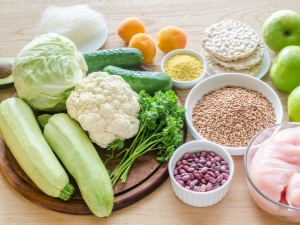
In the first months of life, the child greatly gains weight and height, which is why the need for food in an infant is greater than in an adult. Due to the structure of the gastrointestinal tract, food should be nutritious and easily digestible. The best food for a newborn is breast milk. When breastfeeding, the child's immune system and nervous system are strengthened, it is easier for him to get used to the world around him. And just as he was connected in utero with his mother by the umbilical cord, so breastfeeding strengthens the spiritual bond between mother and baby.

Composition of mother's milk
In order for a child to grow up healthy, mother's milk must be complete in its composition. High-quality mother's milk contains in sufficient quantities:
- squirrels with essential amino acids, which are part of every cell of the body and serve as a plastic material for the normal growth and development of the child;
- easily digestible and quickly digestible fats low in volatile fatty acids. Fats serve as the main source of energy for the baby, vitamins A, D, K, E dissolve well in them. The absorption of these vitamins is difficult in the absence or lack of fats in food;
- carbohydrate - sugar, mainly β-lactose, which inhibits the growth of Escherichia coli;

- up to 25 trace elements, many of which are biologically active substances:
- sodium - regulator of water-salt metabolism;
- potassium - affects the development of the neuromuscular system; the main source is food of plant origin;
- calcium - is involved in the construction of bone tissue and hematopoiesis;
- phosphorus - along with calcium is necessary for the development of bone tissue;
- sulfur - necessary for the synthesis of proteins;
- compounds of iron, copper, cobalt, magnesium and other trace elements are important for normal development.

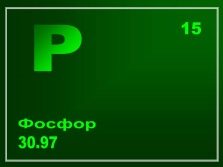
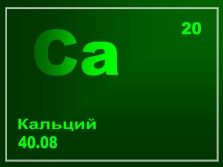
- vitamins:
- A - responsible for the health of the eyes, skin, hair and nails;
- D - important for the proper growth of the spine;
- E - transfers hydrogen and improves oxygen saturation of tissues;
- K - affects blood clotting;
- B1 - responsible for the nervous system;
- B2 - necessary for the normal metabolism of fats, carbohydrates, proteins;
- B5 or PP - participates in the digestive process, improving the digestibility of food;
- B12 - takes part in hematopoiesis and has a positive effect on the functioning of the liver and nervous system;
- C - provides general protection of the body, strengthening the immune system;
- P - strengthens the walls of blood vessels.
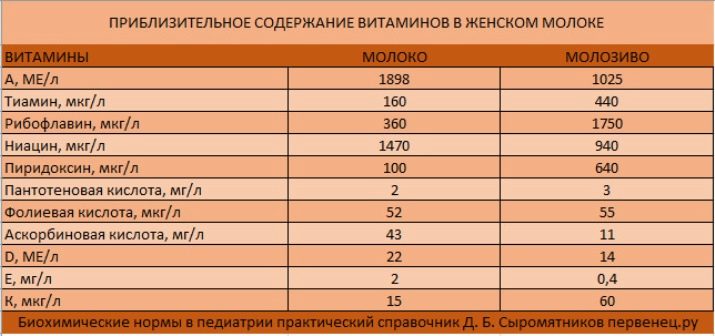
The absence, deficiency or excess of any of the components causes problems in the development of the child. Many health problems are laid in infancy due to improper nutrition of the mother.
To maintain the quality of milk and enhance lactation, a woman's nutrition should be complete and rational. In order to ensure the right diet, a nursing mother is recommended to eat daily 180-200 g of lean meat, 50 g of cottage cheese, 20 g of cheese, 1 hard-boiled egg, 50 g of butter, 800 g of vegetables, no more than 500 g of bread. Drink up to two liters of liquid per day.
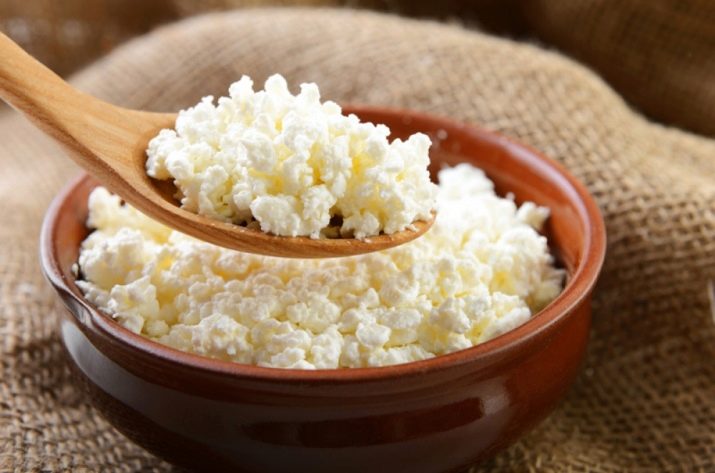
To enhance lactation, there are special teas made from herbs that positively affect the production of milk and the nervous system of a woman. Mandatory pumping after feeding has a very good effect on the amount of breast milk, since milk stagnation leads to a decrease in production and a deterioration in taste.
Normal rest, walks in the fresh air, peaceful sleep for at least 8-9 hours a day also help to improve milk production.

Why are there restrictions?
Immediately after childbirth, the baby enters an aggressive environment. An organism unadapted to the outside world quickly reacts to any change in the environment, in the mood of the mother, in the composition of mother's milk. During breastfeeding, everything that the mother eats is passed on to the baby, so the mother’s malnutrition causes increased gas formation, colic or allergies in the baby. The child becomes restless, the sleep and wakefulness regime is disturbed, because of which he gains weight and height poorly. To avoid such problems, it is important for mommy to choose the right products.
List of allowed vegetables
Most of the recommended diet consists of vegetables, the main sources of vitamins, trace elements and amino acids. The most useful among them are the fruits that grow in the region of residence:
- potatocontaining phosphorus and thiamine, improves metabolism;
- zucchini, rich in trace elements, do not cause allergies and improve the overall development of the baby;
- beet - a storehouse of vitamin C, for the prevention of constipation and anemia;
- cauliflower and broccoli sources of folic acid and vit. C, good for brain development
- carrot - a supplier of provitamin A, benefits the vision of mother and baby.
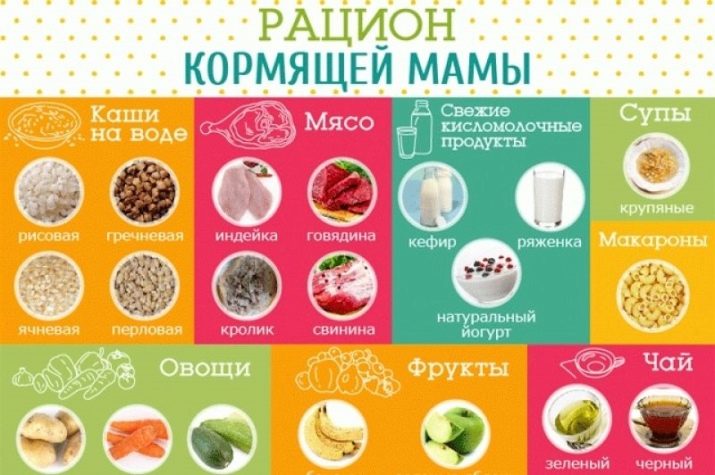
In the second month enter
- celery - contains carotene, vitamins B, E, useful for bloating;
- bell pepper with rutin and calcium strengthens capillaries. Only yellow and green fruits are used;
- eggplant - pectin in its composition is useful for overall development;
- green onion – rich in flavonoids, vitamins and microelements;
- pumpkin, low calorie which is useful in dietary nutrition.
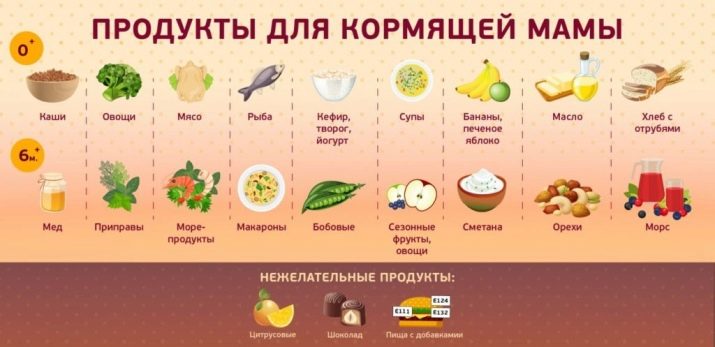
All these vegetables are present in the daily menu, but after the birth of the baby during breastfeeding, each new product for the baby is introduced gradually. It is necessary to take breaks of 2-3 days between innovations in order to notice the reaction of the body and have time to remove the irritating product from use.
What can not be eaten with HB?
Not all vegetables and fruits are created equal. During breastfeeding, you should avoid exotic fruits - sources of allergies. Local fruits of bright color can also cause irritation: red fruits of sweet pepper, tomatoes. White cabbage, rich in fiber, and cucumbers cause increased gas formation. Onions and garlic, containing volatile essential oils, lead to a change in the taste of milk, which is why the child refuses to eat.
Peas, beans, lentils, beans cause intestinal colic. Canned vegetables, where vinegar is used for preservation, can cause irreparable harm to the baby's stomach, so it is better for the mother to stop eating them.

For the entire period of breastfeeding, a woman must stop smoking and drinking alcohol. Nicotine enters the lungs of a child when smoke is inhaled, causing various lung diseases. Alcohol that has entered the mother's milk to a newborn destroys the infant's nervous system and impairs brain development, which leads to the development of mental disability.
Strong tea and coffee contain caffeine, which has an invigorating effect, which leads to overexcitation of the baby, making him restless. Caffeine-induced insomnia adversely affects the overall health of the baby, slowing down its growth. It is also worth avoiding any carbonated drinks that cause bloating and colic.

Fried foods are undesirable during lactation, since all useful substances are destroyed during frying. The high fat content causes stomach problems, atherosclerosis and vascular disease. Carcinogens and free radicals formed during heating of fats, entering the body, can lead to the development of cancerous tumors.
Recipes for healthy and safe dishes
Despite the many prohibitions, there are many tasty and healthy dishes that are allowed for a nursing mother. Soups cooked in vegetable broth, stewed and baked fruits, fresh vegetable salads, delicious casseroles - this is an incomplete list of dishes that can diversify the menu. The range of available vegetables varies with the seasons. The richest choice is in summer and autumn. But in order for local vegetables to be present in the diet in winter and spring, they are frozen raw and used as needed. Below are examples of some dishes.
Julienne with small pasta
- 3-4 potatoes;
- 2 carrots;
- 1 celery stalk;
- 2 small zucchini;
- 30 g butter;
- 1 st. l. vegetable oil;
- 200 g pasta (small rings);
- salt to taste.
Stew finely chopped vegetables with the addition of butter and vegetable oils. Put the salted vegetables into the boiling broth. Add 3-4 medium potatoes, crushed into small cubes, cook over low heat. When the vegetables are ready, add 200 g of pasta. Bring to readiness.
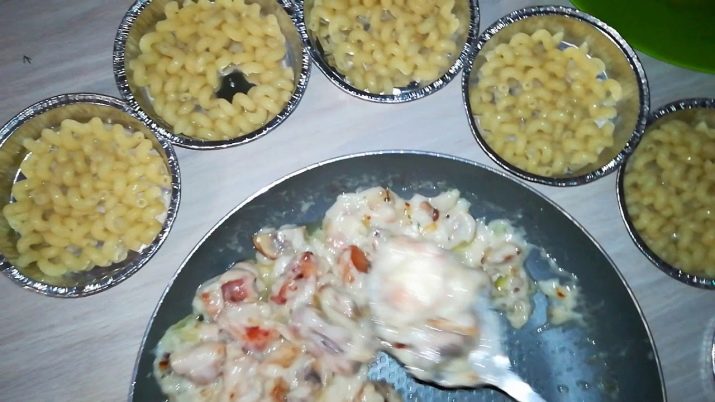
Cottage cheese pumpkin casserole
- 1 kilogram of pumpkin;
- 8 art.spoons of semolina;
- 800 grams of cottage cheese;
- 6 eggs;
- 200 g of sugar;
- 4 tbsp. l. sour cream;
- 50 g margarine;
- vanillin, salt to taste.
Finely chop the pumpkin, salt; simmer with a little water until soft. Pour semolina with milk, chop cottage cheese with a blender. Grind the egg with sugar, add sour cream, melted margarine, vanillin, salt. Combine pumpkin, semolina, cottage cheese, egg. The mass should resemble sour cream in consistency, if the mixture comes out thicker, add milk. Bake in the oven.

Cottage cheese and carrot salad
Grind cottage cheese, add salt, sugar. Chop raw carrots on a coarse grater. Mix everything, season with sour cream. Product consumption is arbitrary.
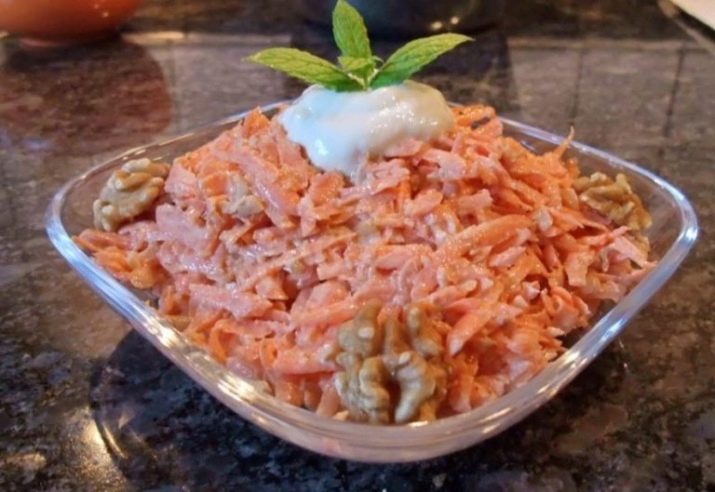
Eat right and let your baby grow up healthy. You can find out what vegetables you can eat while breastfeeding in the video below.

















